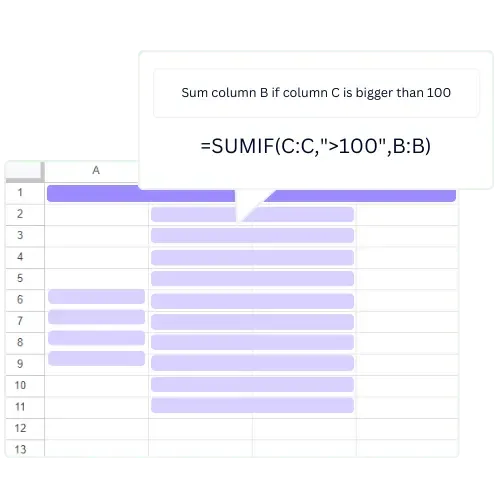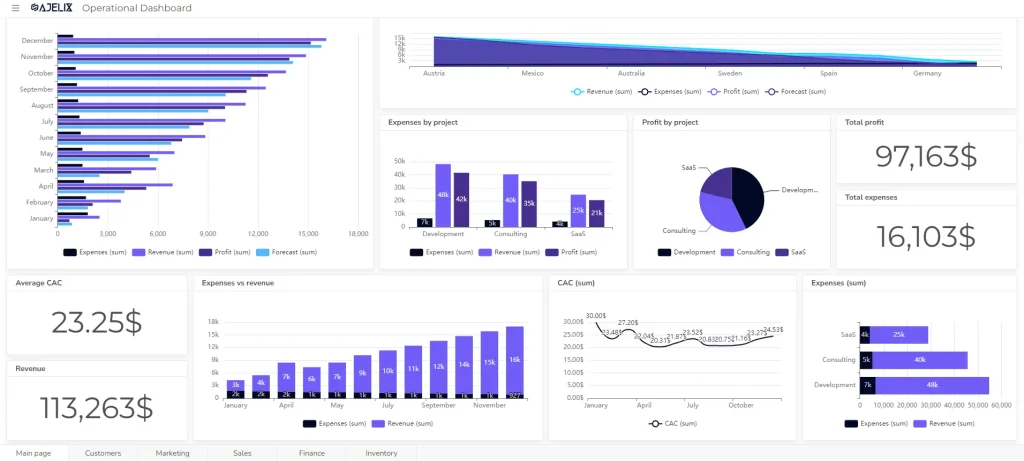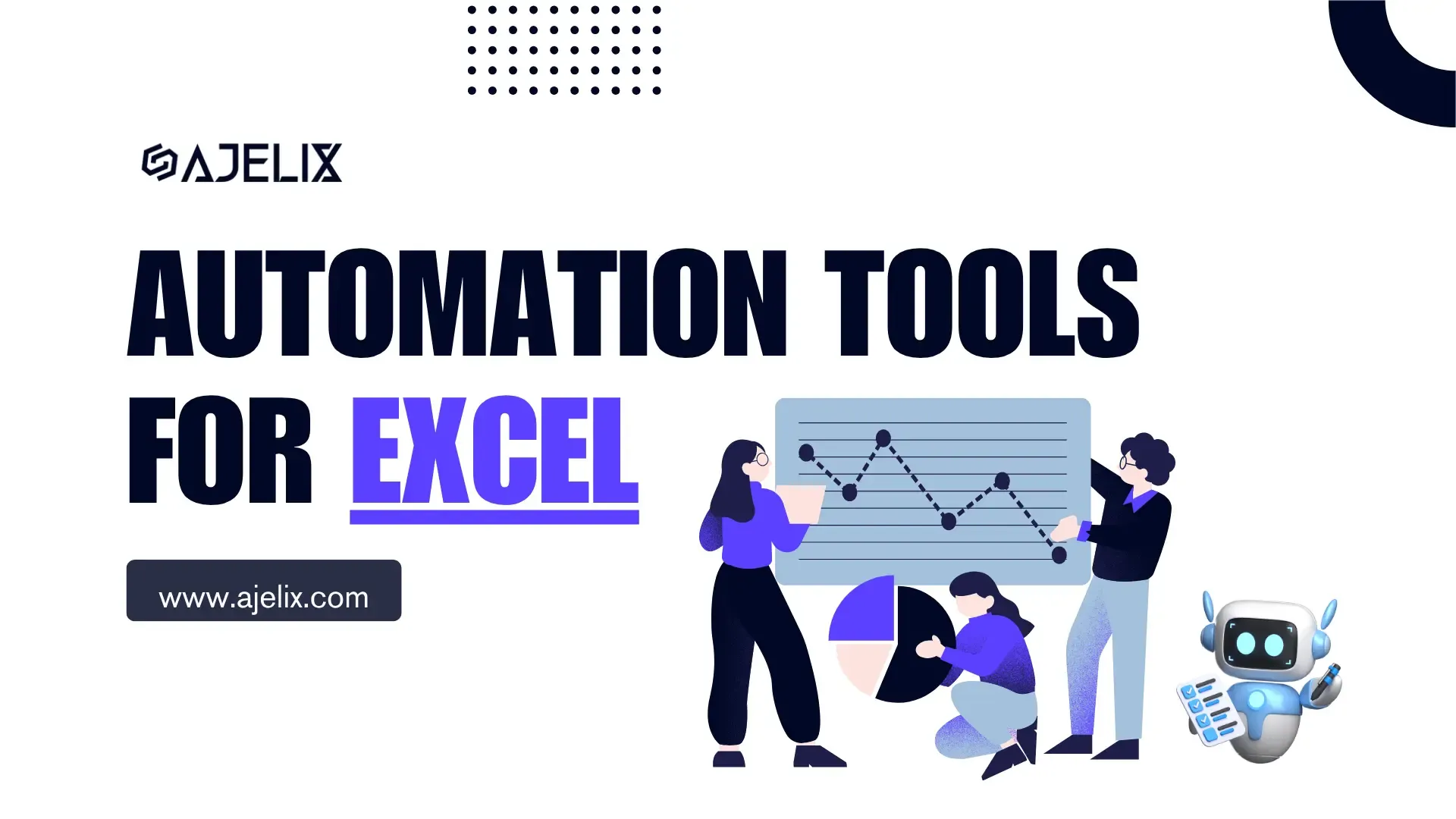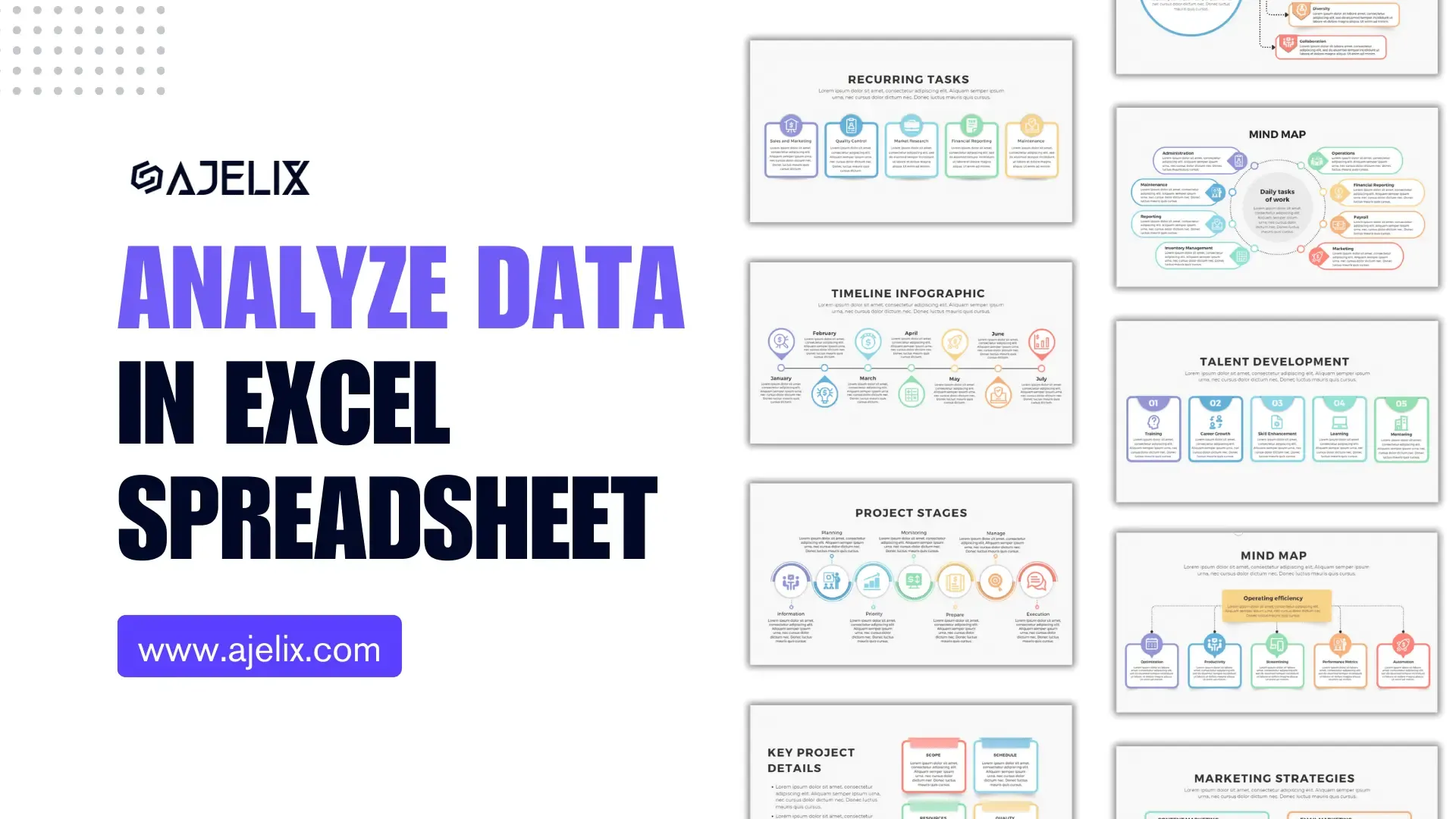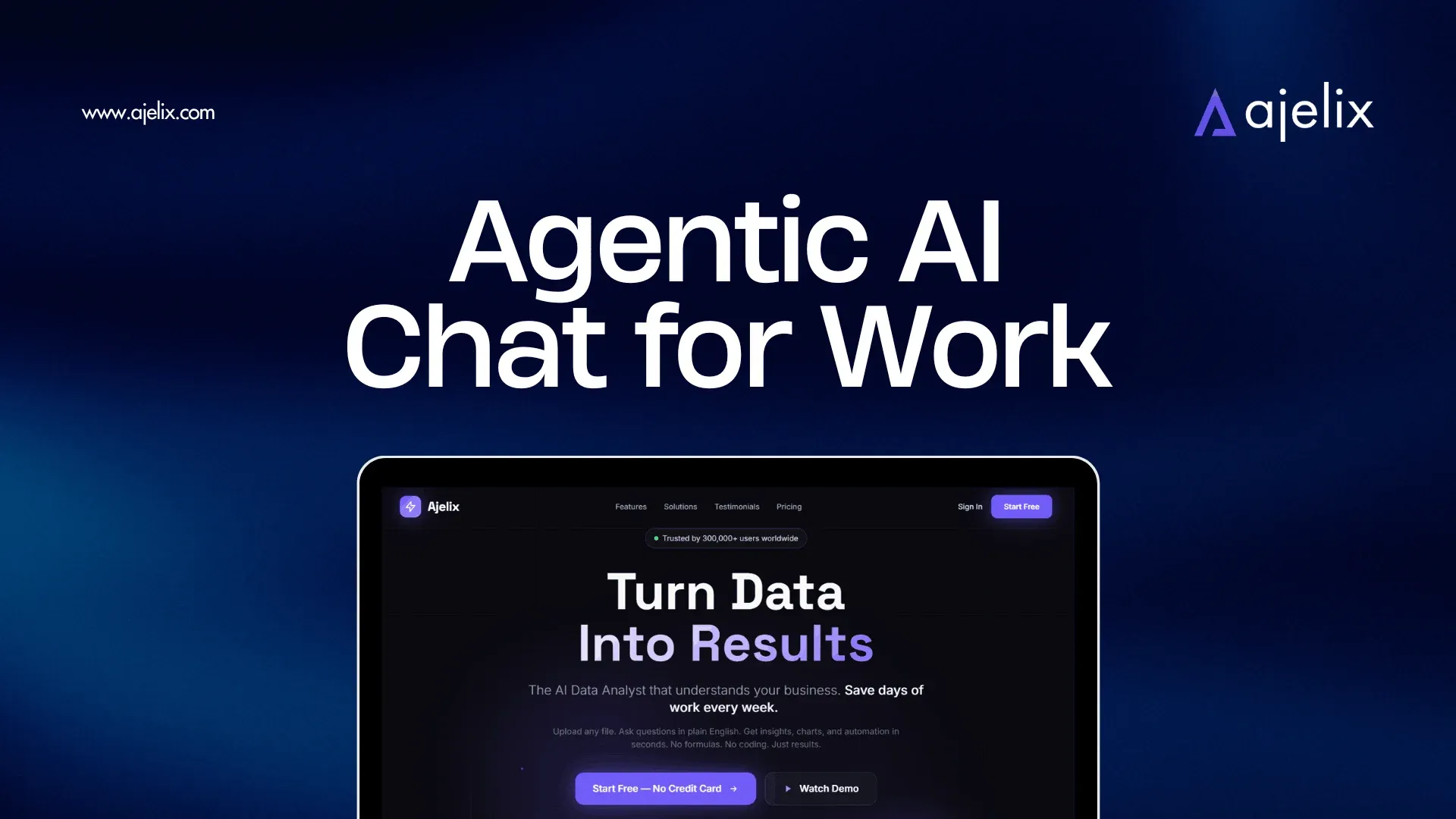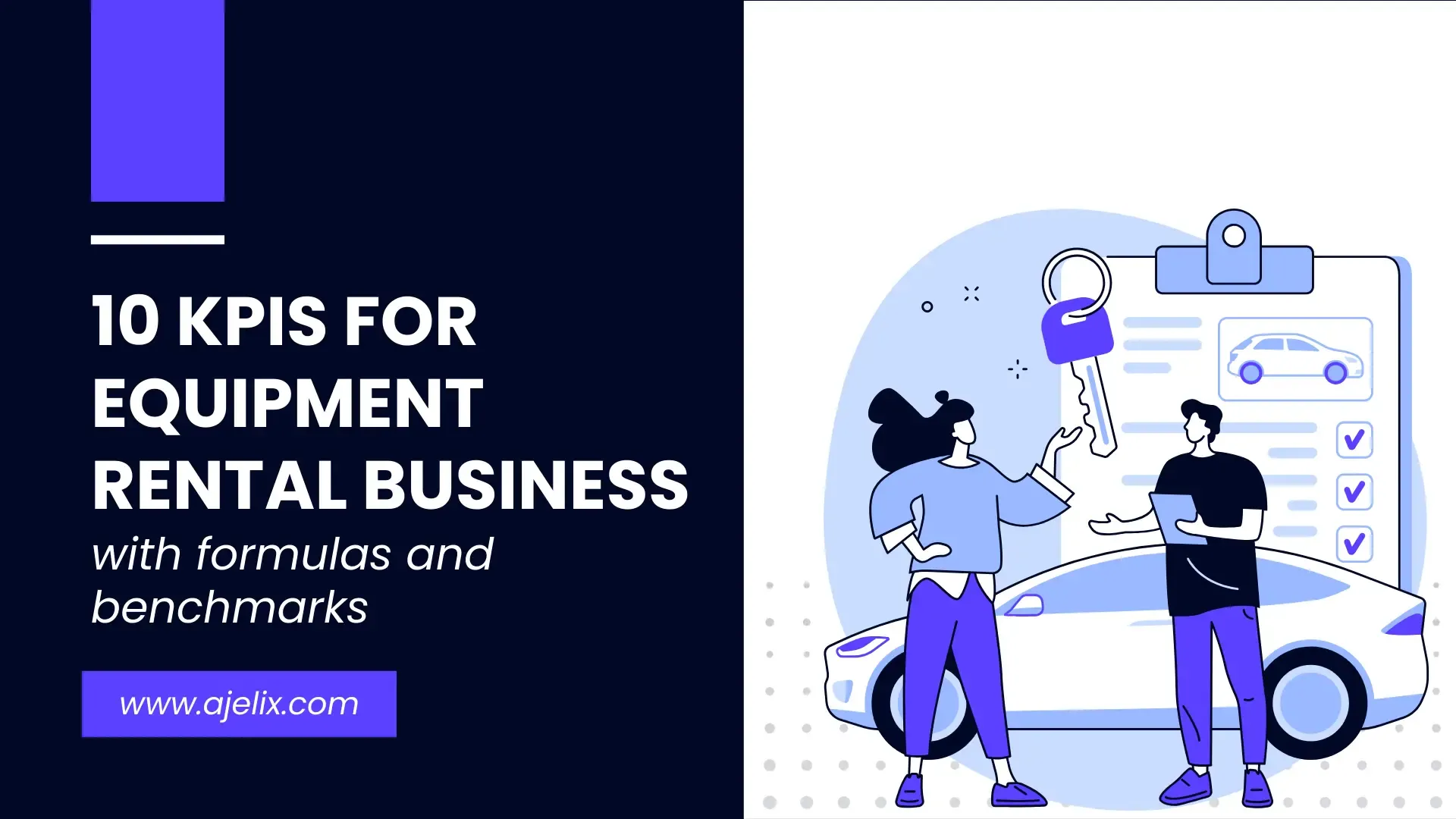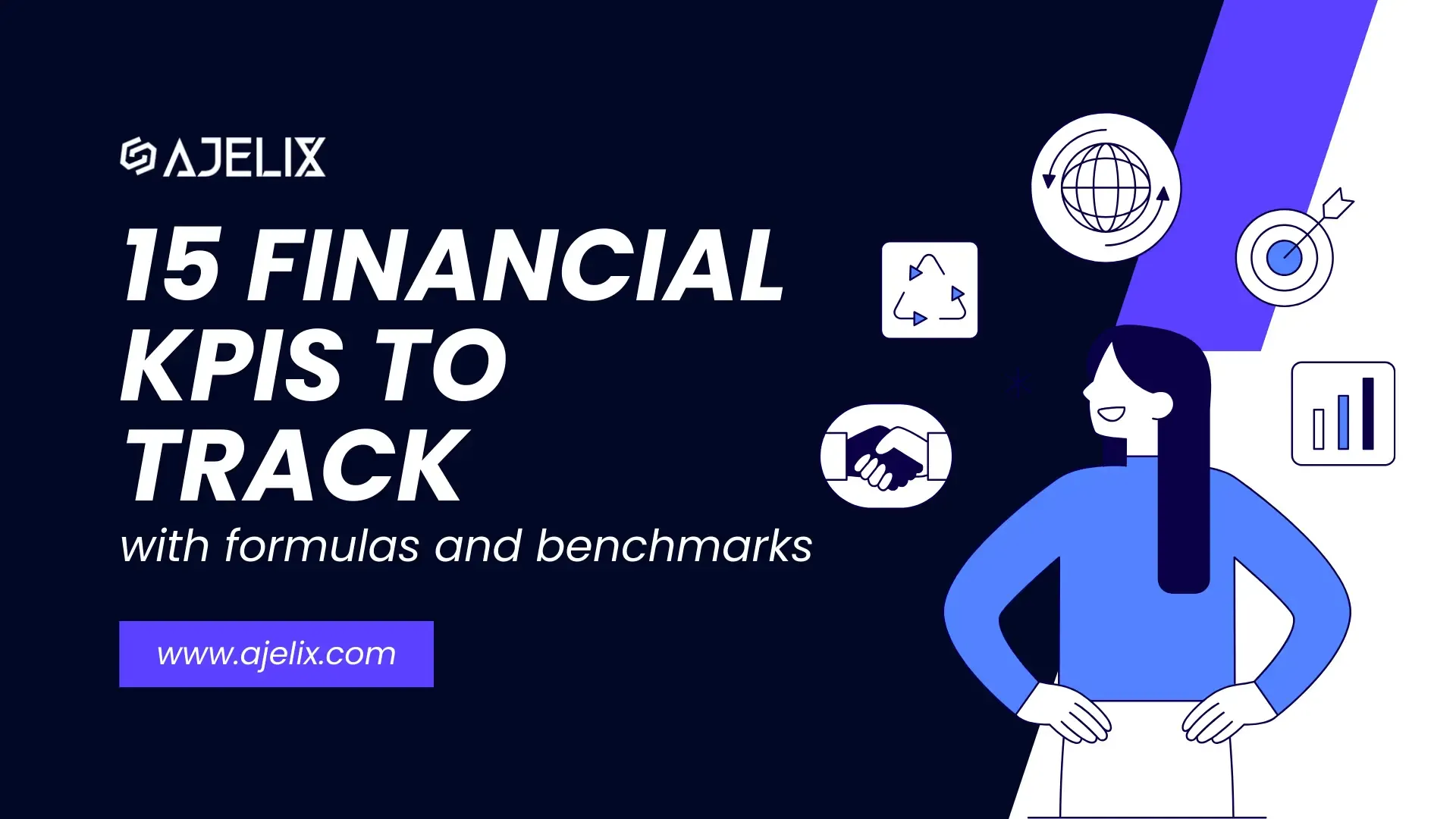- Home
- Product
- Tools
- AI Data Analyst
- Excel Formula Generator
- Excel Formula Explainer
- Google Apps Script Generator
- Excel VBA Script Explainer
- AI VBA Code Generator
- Excel VBA Code Optimizer
- Excel VBA Code Debugger
- Google Sheets Formula Generator
- Google Apps Script Explainer
- Google Sheets Formula Explainer
- Google Apps Script Optimizer
- Google Apps Script Debugger
- AI Excel Spreadsheet Generator
- AI Excel Assistant
- AI Graph Generator
- Pricing
-
Author:
Is Microsoft Excel Still Relevant in 2026?
-
Last updated:January 5, 2026
-
Tags:

Explore other articles
- Excel Financial Modeling With AI Agents (No Formulas Need!)
- AI Landing Page Generator: From 0 To Stunning Page With Agent
- Creating Charts In Excel with Agentic AI – It Does Everything!
- Create Report From Google Sheets Data with Agentic AI
- How To Create Powerpoint Presentation Using AI Agent (+Video)
- Ajelix Launches Agentic AI Chat That Executes Business Workflows, Not Just Conversation
- 7 Productivity Tools and AI Plugins for Excel
- Julius AI Alternatives: Top 5 Choices 2026
- No Code Analytics: Top Tools in 2026
- Automation Tools for Excel in 2026: Built-In & Third-Party
Try AI in Excel
Excel has been around for decades, but in a world full of AI, cloud tools, and modern software options, is Excel still relevant? And more importantly, is learning Excel still worth it in 2026?
In this article, we’ll explore why companies continue to rely on Excel and how AI is transforming it through automation.
Why do Businesses Use Excel?
One of the main reasons that Excel is still relevant today is its versatility. There are a few other tools that can be used in so many different ways. For example, businesses can use Excel to:
- Create budgets and financial forecasts
- Track inventory and sales
- Analyze customer data and create reports
- Develop project timelines and manage resources
- Monitor employee performance and track productivity
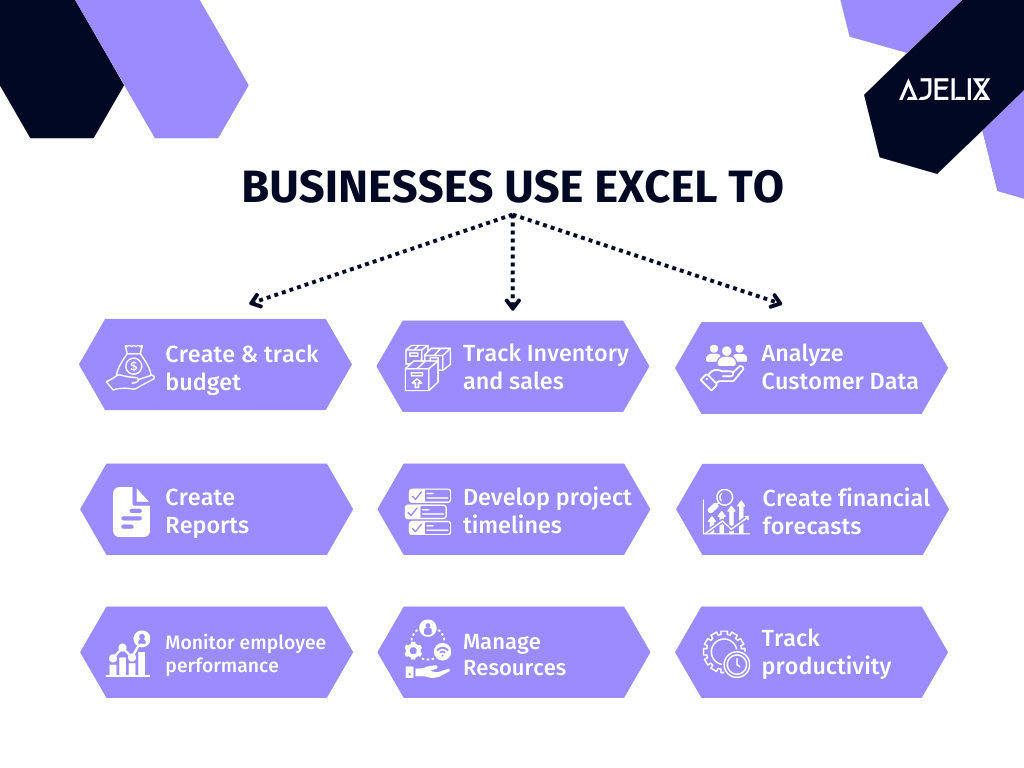
Graphic made by the author
The possibilities are almost endless, and that’s why Excel remains a key tool for businesses of all sizes and industries.
Excel widely used in the USA
Given the widespread adoption of Microsoft Excel, with over 1.3 million companies in the USA alone usingit according to Statista data from 2024, it holds a significant position in business data analysis.
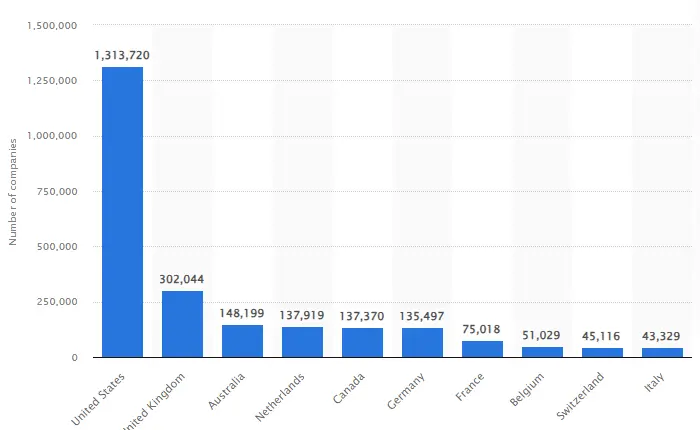
This comes from Excel’s user-friendly interface and familiarity among many users.
Excel Usability Advantages
But beyond its versatility, Excel has several other advantages that make Excel still relevant and valuable for businesses. One of the biggest is its ease of use.
While Excel can be a complex program with many advanced features, it is also easy to learn for beginners. This means anyone can start using Excel to organize and analyze data without extensive training or technical expertise. And this is one of the main reasons why so many businesses use Excel for different tasks.
| Advantage | Description |
|---|---|
| Familiarity and Ease of Use | Excel’s widespread adoption makes it intuitive for most users, with minimal training required. |
| User-Friendly Interface | The layout is straightforward, with easy access to tools and features. |
| Powerful Formulas and Functions | Excel offers a vast library of formulas and functions for complex calculations and data manipulation. |
| Data Visualization Tools | Create charts and graphs to present data in a clear and visually appealing way. |
| Collaboration Features | Share and co-edit spreadsheets with colleagues in real-time. |
| Customization Options | Customize the look and feel of spreadsheets to fit specific needs and preferences. |
Another advantage of Excel is its compatibility with other software tools. For example, many businesses use customer relationship management (CRM) software to manage customer data. Excel can easily integrate with these tools, allowing businesses to pull data from their CRM system into Excel for analysis and reporting.
Excel for Business Intelligence
While Excel is a powerful tool, it’s important to acknowledge that it wasn’t designed as a primary database for complex Business Intelligence (BI). However, it can be a useful starting point for exploring data. Excel can import and manipulate data from various sources, allowing you to build basic reports and visualizations. Its familiar formulas and pivot tables can help analyze trends and identify patterns.
You might find this useful: How to Analyze Excel Spreadsheets
For more sophisticated BI needs, you should consider Ajelix BI or similar tools. These specialize in handling large datasets and providing advanced features for creating interactive dashboards and in-depth AI analysis. Think of Excel as a great tool for prototyping ideas, and Ajelix BI as the platform that transforms those ideas into insightful reports that drive business decisions.
Reporting gives you a headache?
Upload your data and create professional reports with agentic AI
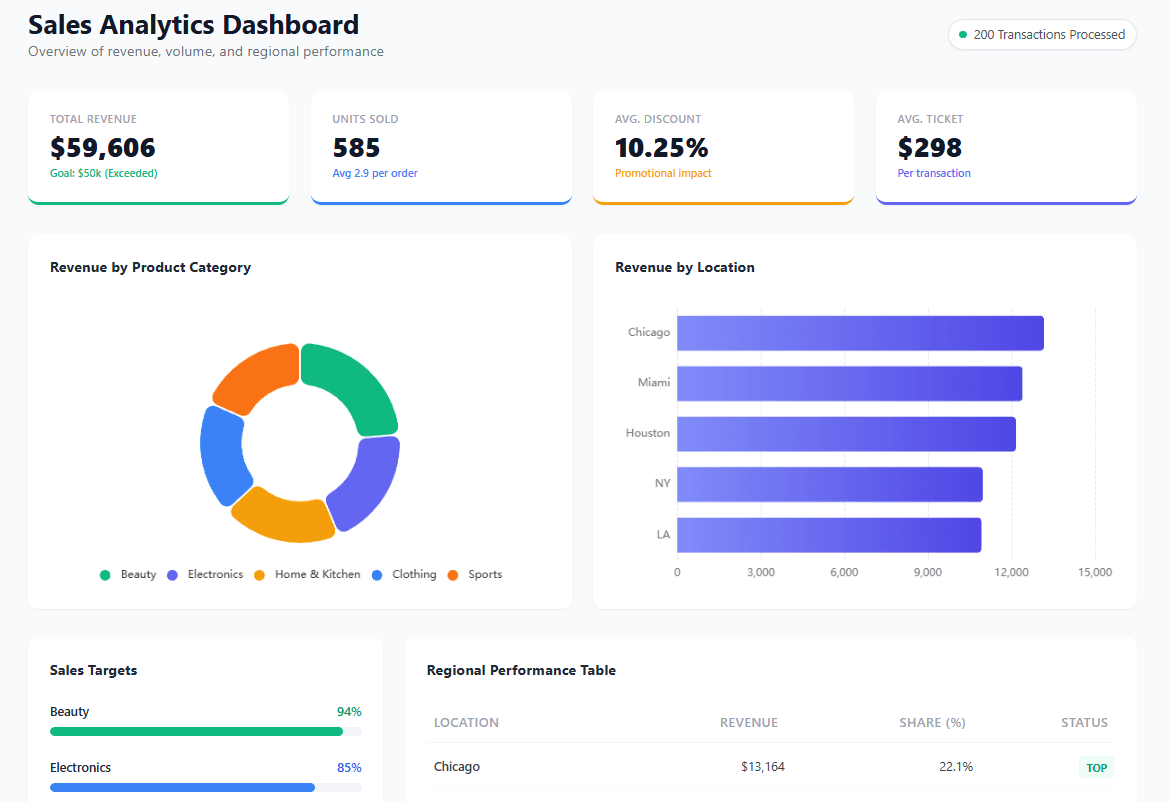
Start free
Try free and upgrade whenever
Job Offers Experiment: Is Learning Excel Worth It in 2026?
To analyze the demand for Excel skills and understand if Excel is still relevant in today’s job market, we turned to LinkedIn’s job search. We selected “Excel” as a required skill and searched across five countries: the United States, Spain, France, the United Kingdom, and Germany.
You might like: Most Secure Jobs AI Can’t Replace
To analyze the experiment data in a few seconds, we used the AI Data Analyst. Through simple chat, it helps in a variety of data tasks: from generating insights to cleaning messy spreadsheets.
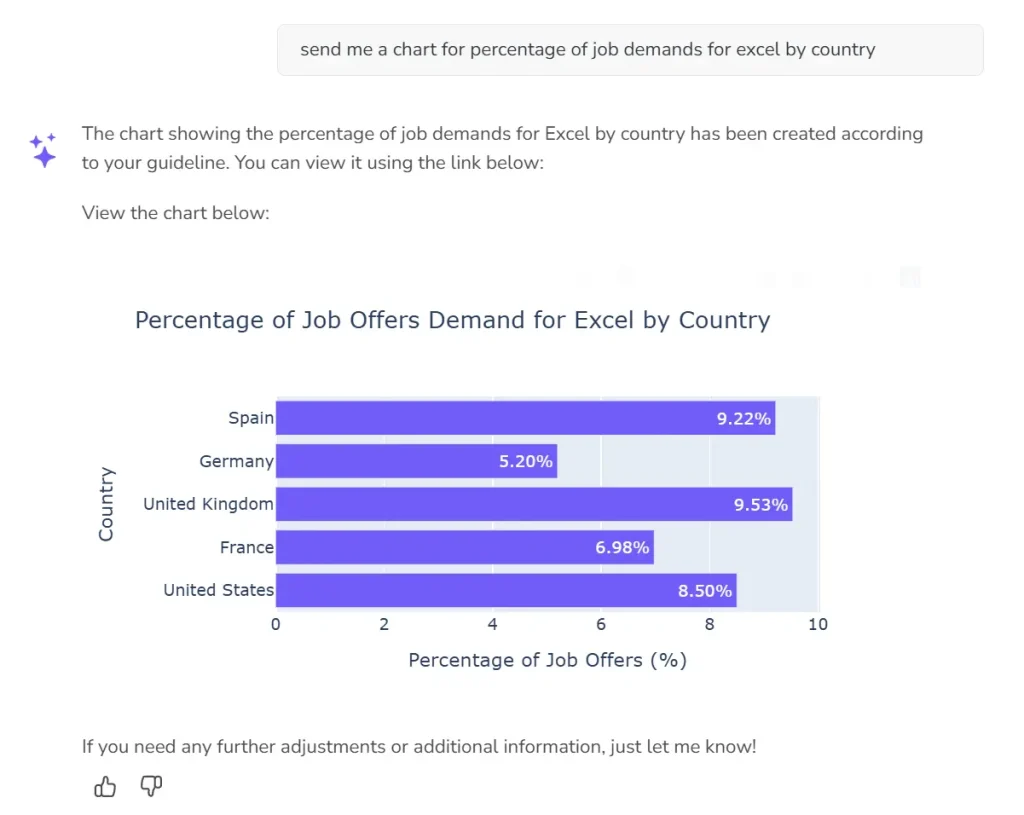
Keep in mind that this data includes all job postings on LinkedIn, many of which don’t require computer skills at all. Even so, the results reveal there is a clear demand for Excel in the job market. For example, in the UK, nearly 1 in every 10 job postings mentions Excel as a required skill.
We didn’t stop there. We thought: Google Sheets is Excel’s direct competitor, right? So, let’s see how it shows up in the job market.
You might be interested: Differences between Excel and Google Sheets
Here is the comparison:
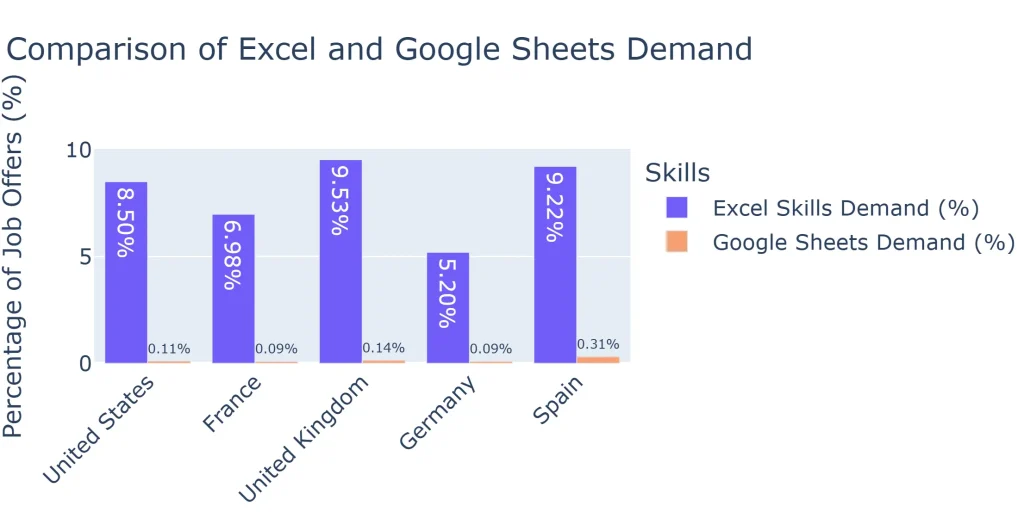
Compared to Google Sheets, Excel dominates in the job market, appearing in ~9% of LinkedIn job listings vs. <0.3% for Sheets.
Is Excel Still Relevant? (According to Real Case Studies)
Despite the rise of newer tools, Excel is not becoming outdated and continues to play a central role in today’s job market. As seen in our analysis of LinkedIn job listings, major companies like Hermès, The Coca-Cola Company, Cartier, Deloitte, and Chanel still depend on Excel for their everyday operations.
Take, for example, a U.S. baseball team in 2017. Struggling with performance on the field, they turned to data analysis for answers. Using Excel, they created custom reports to track player stats and identify key performance indicators. This shift toward data-driven decisions resulted in a noticeable improvement in their win-loss record.
How AI is Changing Excel?
At Ajelix, we see firsthand how professionals across industries continue to rely on Excel. Our toolkit includes more than 18 AI productivity tools, with 9 of them built specifically for Excel. The growing demand for tools like VBA Script Generator and Excel add-in proves that Excel remains a vital part of how businesses work with data.
However, many Excel users still spend hours on repetitive tasks, from data cleaning to report creation, simply because they haven’t yet adopted AI. If you are one of them, we’d suggest considering the use of AI in your workflow.
For example, Ajelix AI tools help clients automate manual tasks and guide them through the transition to more efficient Excel processes. By automating routine workflows, professionals not only save time to focus on business growth strategies but also improve the accuracy and reliability of their data.
Why Do Businesses Still Prefer Using Excel?
Some might still argue that Excel is becoming obsolete and that businesses should use newer and more advanced tools. While it’s true that there are many newer software options available, there are several reasons why Excel remains a strong choice.
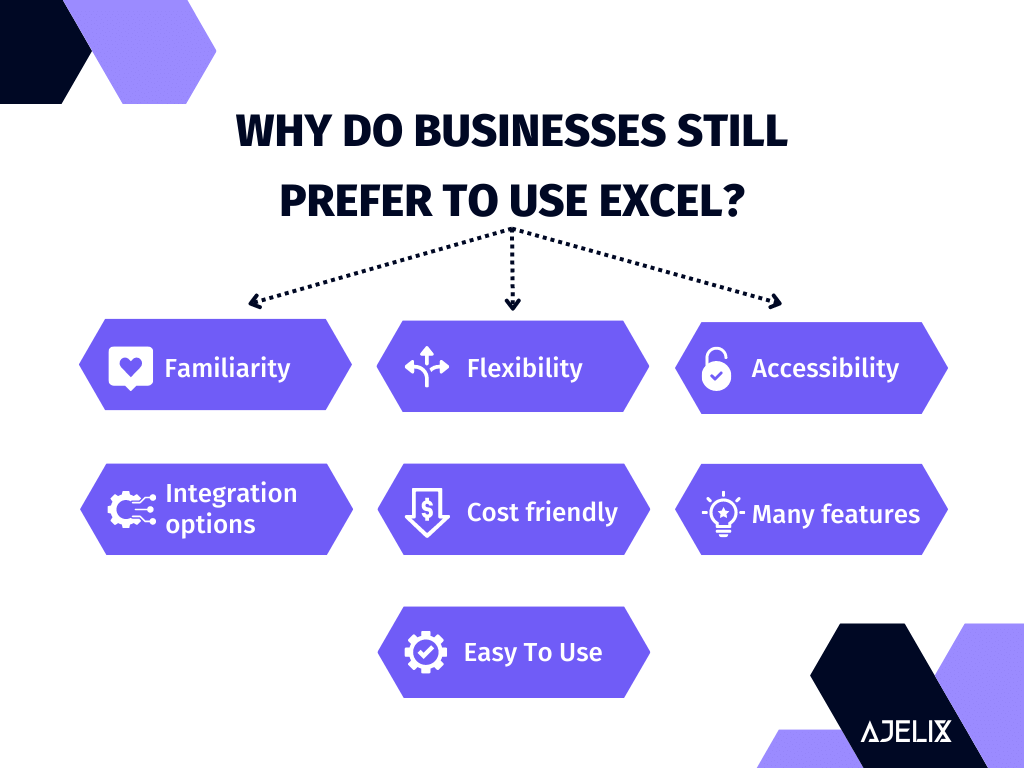
- Familiarity: Excel has been around for decades, and many professionals have been using it for a long time. They are familiar with its interface, shortcuts, and functions, and this familiarity can lead to increased efficiency.
- Flexibility: Excel is incredibly flexible and can handle a wide range of tasks, including complex calculations, data analysis, and visualizations.
- Accessibility: Excel is widely available, and most computers come with it pre-installed. This makes it easy for businesses of all sizes to use.
- Integration: Excel can integrate with other software and tools, making it easier to import and export data to and from other systems.
- Cost: Excel is relatively affordable compared to other specialized software tools. Many businesses may not need the advanced features of specialized software and find that Excel meets their needs at a lower cost.
You might like: 7 Best AI Tools for Excel Data Analysis
We’d like to share a personal example to emphasize the relevance of Excel even more. One of our non-profit organization’s clients struggled to manage its donor database. They had tried using other software tools but found that they were too expensive and didn’t offer the flexibility they needed. By creating a custom Excel template, we were able to automate much of the donation tracking process and create custom reports for the organization’s board of directors. This not only saved time but also saved the organization money that they could use towards their mission.
Conclusion
So, is Excel still relevant in 2026? The answer is yes, but with a twist. Excel is no longer just a static spreadsheet tool. With the rise of AI, it’s evolving into a more dynamic and automated platform. Businesses still rely on Excel for its flexibility, familiarity, and cost-efficiency, but now they’re pairing it with AI tools to eliminate repetitive tasks, generate insights faster, and work smarter.
At Ajelix, we’re seeing this shift firsthand. Our variety of Excel AI tools, from formula generators to script optimizers, is helping professionals across industries boost productivity and reduce manual work.
The bottom line? Excel isn’t being replaced, it’s being upgraded. And as long as businesses need to make sense of their data, Excel will stay in the game. If you’re struggling with Excel automation, feel free to test our AI Tools, and if you are seeking personal advice, don’t hesitate to contact us.
Eager to learn more about Excel and AI? Check our other articles and stay connected with us on socials.
FAQ
Yes, Excel remains a great tool for basic data analysis and calculations. Its user-friendly interface and familiar formulas make it easy to learn and use for quick tasks. However, for more advanced analytics, you should consider specific data analytics tools.
Yes. Excel remains a widely used spreadsheet tool with strong data organization, analysis, and visualization capabilities. Basic knowledge is valuable across many fields.
Excel offers more power for complex data analysis and advanced features, while Google Sheets shines in real-time collaboration and ease of access.
Use Excel for smaller datasets & simpler analysis and basic calculations, and visualizations. Use specialized tools for large & complex datasets and in-depth analysis & specific needs.
Speed up your spreadsheet tasks with Ajelix AI in Excel
